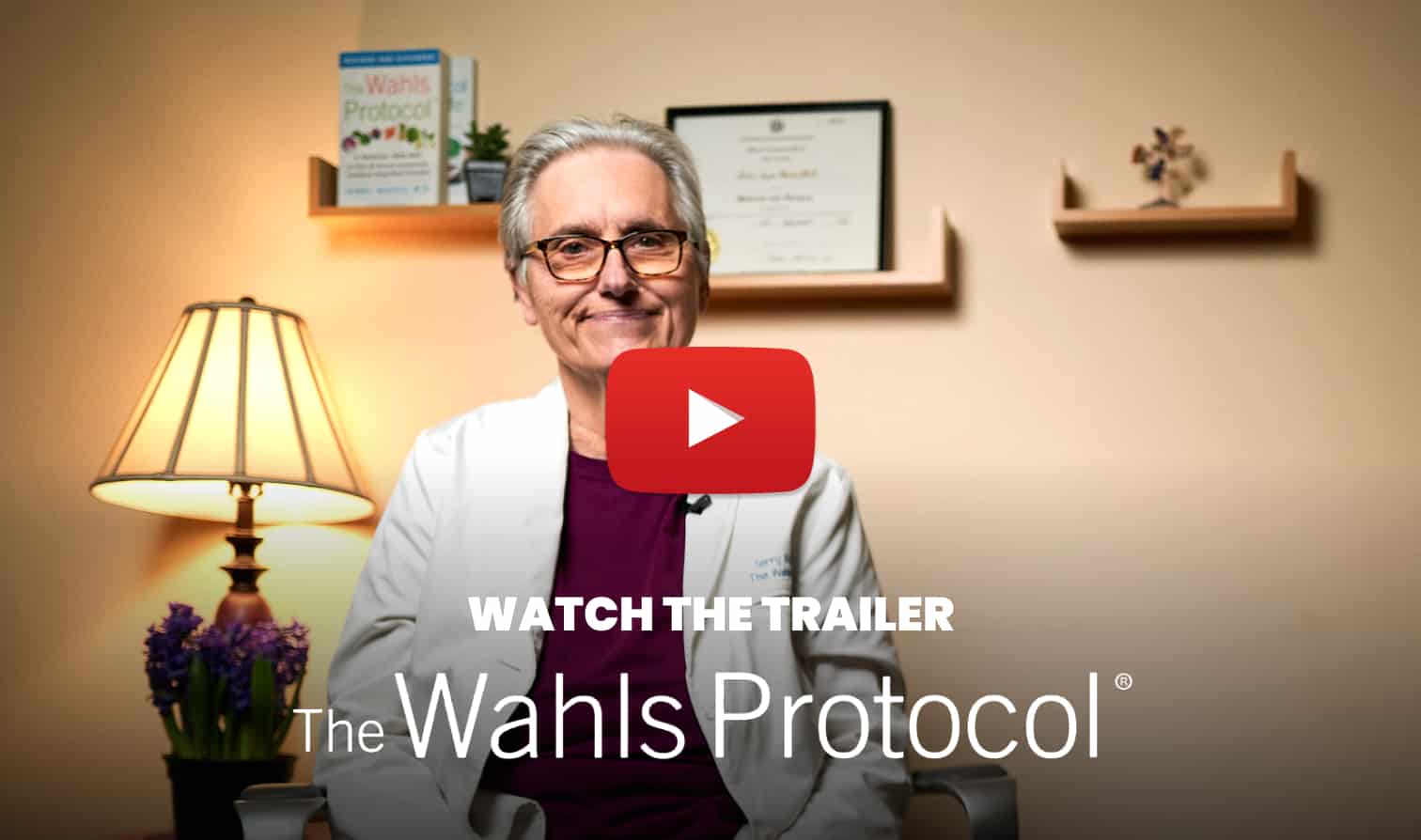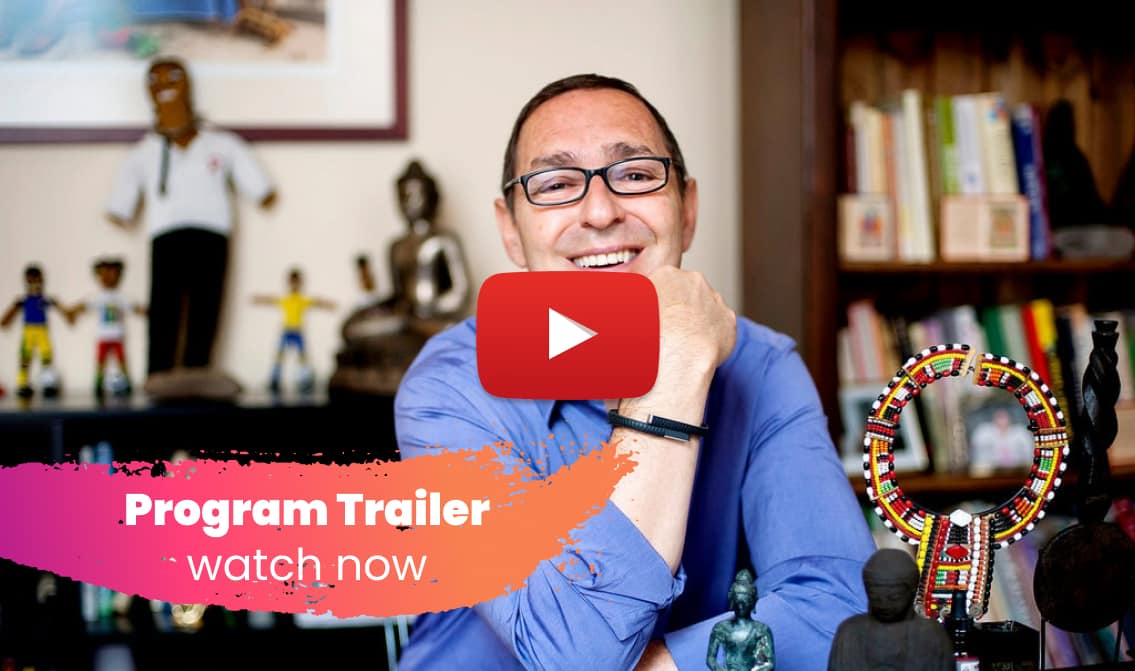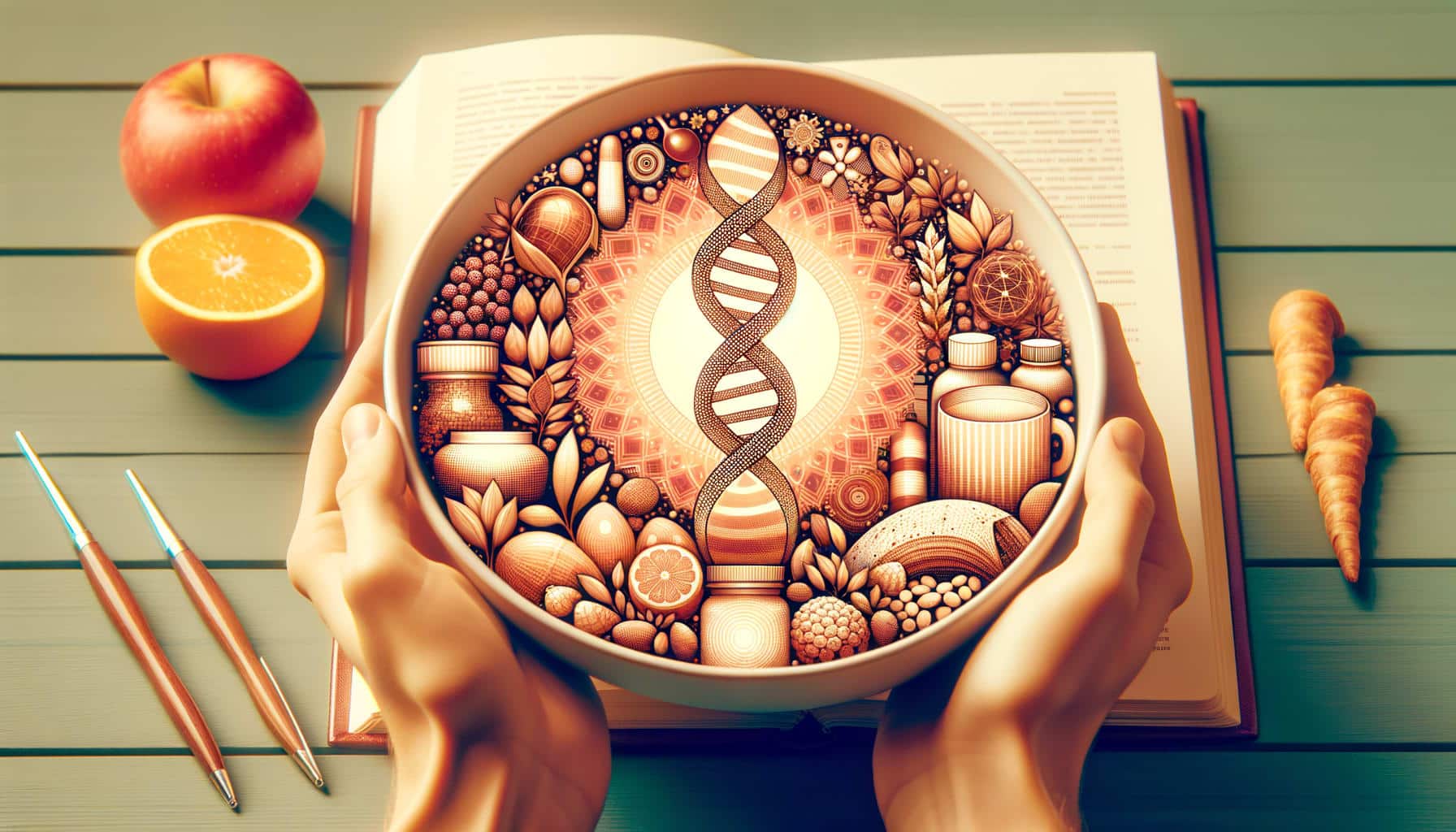Skip ahead to:
An Overview of How Not to Die
How Not to Die Unveils Lifesaving Secrets
Michael Greger’s How Not to Die is a beacon of hope for those seeking a healthier, longer life. It’s a treasure trove of wisdom for anyone yearning to take control of their health destiny. The book is a heartfelt guide, meticulously researched, and written with the fervor of a true health advocate.Who it’s Written For…
Imagine a life where you’re in the driver’s seat, steering clear of chronic diseases. How Not to Die is crafted for the health-conscious individual, the family protector, and the seeker of longevity. It’s for those who are tired of the status quo in healthcare and crave a future where vitality trumps illness.Battling the Modern Health Plagues
Heart disease, diabetes, cancer—these are the titans of illness that How Not to Die confronts head-on. Greger’s book is a battle cry against these modern scourges, empowering readers to fight back with the most potent weapon: knowledge.The Lifeline How Not to Die Offers
Within its pages, How Not to Die extends a lifeline to those drowning in misinformation and quick-fix diets. It promises a journey towards wellness, grounded in plant-based nutrition and scientific evidence, lighting the path to a future where every meal is a step towards a healthier you.Core Themes in the Book
The central themes of How Not to Die are simple yet profound: eat well, live well, and let food be your medicine. The book champions a diet rich in fruits, vegetables, grains, and legumes, and it’s a clarion call for a return to whole, unprocessed foods as nature intended.Achieving Health Goals with How Not to Die
The most crucial takeaways from How Not to Die are actionable and transformative. Greger stresses the power of daily greens, the magic of berries, and the necessity of nuts and seeds. He implores readers to embrace a lifestyle that prioritizes nutrition, exercise, and mindfulness for a future brimming with health.Top 15 Habits in How Not to Die
Embarking on a journey to better health is not just about understanding the why, but also mastering the how. The habits recommended in How Not to Die are practical steps that can be seamlessly integrated into daily life. They are designed to combat common health issues and enhance overall well-being, providing a solid foundation for a life less burdened by illness.- Whole Food Plant-Based Diet
Emphasizing fruits, vegetables, legumes, whole grains, nuts, and seeds can significantly reduce the risk of chronic diseases like heart disease, diabetes, and certain cancers. This diet is rich in fiber, vitamins, and minerals while being low in substances that can harm health. - Daily Greens
Consuming leafy greens such as kale, spinach, and collard greens provides essential nutrients like calcium and iron, and is linked to a lower risk of heart disease and cancer. - Berries
A daily serving of berries offers antioxidants that support brain health and may help prevent cancer and heart disease. - Exercise
Regular physical activity, including both aerobic and resistance exercises, helps maintain a healthy weight, improves cardiovascular health, and reduces the risk of chronic diseases. - Nuts and Seeds
Including a handful of nuts and seeds in your daily diet can improve heart health due to their beneficial fats, proteins, and various nutrients. - Beans
Eating beans every day can help regulate blood sugar levels, support heart health, and provide a plant-based protein source. - Whole Grains
Consuming whole grains instead of refined grains supports digestive health and may help prevent type 2 diabetes and cardiovascular disease. - Water
Staying hydrated with water rather than sugary or caffeinated beverages helps maintain kidney health and overall hydration without added calories. - Flaxseeds
Adding flaxseeds to your diet can provide omega-3 fatty acids, which are important for heart and brain health. - Herbs and Spices
Using a variety of herbs and spices, especially turmeric, can reduce inflammation and provide antioxidants. - Mushrooms
Regular consumption of mushrooms has been associated with a lower risk of cancer due to their unique nutrients and compounds. - Cruciferous Vegetables
Foods like broccoli and Brussels sprouts contain compounds that may help protect against cancer. - Alcohol Moderation
Limiting alcohol intake can reduce the risk of multiple cancers and other health issues. - Meat Reduction
Decreasing consumption of red and processed meats can lower the risk of heart disease, diabetes, and certain cancers. - Supplements
Taking vitamin B12 and possibly vitamin D supplements can be beneficial, especially for those on a plant-based diet, to ensure adequate nutrient intake.
Run a Nutrition Challenge on MasterHealth
High Protein, Eat Veggies, Time Restricted Eating, and more…
Learn More
How Not to Die Supplement List
- Vitamin B12
Dr. Greger recommends vitamin B12 supplementation for those on a plant-based diet because this nutrient is primarily found in animal products. Vitamin B12 is essential for nerve function and the production of DNA and red blood cells. A deficiency can lead to anemia and neurological issues. - Vitamin D
Given the limited exposure to sunlight for many individuals and the importance of vitamin D in bone health, immune function, and inflammation reduction, supplementation may be beneficial, especially in those with low blood levels. Vitamin D can be synthesized by the body when the skin is exposed to sunlight, but factors like geography, skin pigmentation, and lifestyle can lead to deficiencies. - Algae-based Omega-3s
For those not consuming fatty fish, an algae-based omega-3 supplement can provide the beneficial EPA and DHA fatty acids, which are important for cardiovascular health and cognitive function. These fatty acids are anti-inflammatory and can help prevent heart disease. - Iodine
Particularly for those not using iodized salt or consuming seaweed regularly, an iodine supplement can be important for thyroid function, which regulates metabolism. Iodine is naturally available in the diet through seafood and dairy products, but those on a plant-based diet might not get enough. - Zinc
This mineral is crucial for immune function, wound healing, and DNA synthesis. While it is found in various foods, some individuals, especially vegetarians and vegans, might not get enough zinc due to its lower absorption from plant sources. - Calcium
Dr. Greger suggests that while it’s best to get calcium from dietary sources like kale and broccoli, those who are unable to meet their calcium needs through diet alone might consider a supplement to support bone health. - Selenium
A selenium supplement might be recommended for individuals living in areas with selenium-deficient soil. Selenium is important for thyroid function and has antioxidant properties.
10 Products Michael Greger Recommends in How Not to Die
Transitioning from the essential habits and supplements outlined in How Not to Die, it’s also important to consider the products that can support these lifestyle changes. Dr. Michael Greger not only emphasizes dietary adjustments but also recommends specific products that can aid in the adoption and maintenance of a healthful lifestyle. These products are chosen for their ability to facilitate the preparation of nutritious meals, encourage physical activity, or enhance overall well-being.- Blender
A high-quality blender is recommended for making smoothies and soups, which can increase the intake of fruits, vegetables, and legumes. Blending can make it easier to consume a variety of nutrients quickly and deliciously. - Pressure Cooker
Pressure cookers can reduce cooking time for beans and whole grains, which are staples of the plant-based diet advocated in How Not to Die. This makes it more convenient to prepare healthy meals, even with a busy schedule. - Air Fryer
An air fryer allows for the preparation of foods using minimal oil, thus reducing the intake of unhealthy fats while still enjoying the texture and taste of ‘fried’ foods. - Non-stick Cookware
High-quality non-stick cookware can reduce or eliminate the need for oil in cooking, which aligns with the low-fat, plant-based diet recommended by Dr. Greger. - Standing Desk
To combat the negative health effects of prolonged sitting, a standing desk is suggested. It encourages more movement throughout the day, which can help with weight management and cardiovascular health. - Fitness Tracker
A fitness tracker can motivate individuals to achieve daily exercise goals, which is a key component of a healthy lifestyle. It provides tangible feedback on physical activity levels and progress. - Water Filter
A water filter ensures access to clean drinking water, encouraging proper hydration without the contaminants that may be found in tap water. - Sprouting Kit
Sprouting kits allow for the easy cultivation of sprouts at home, providing a fresh and nutrient-dense addition to meals. Sprouts are rich in enzymes and vitamins that can support overall health. - Herb Garden Kit
Growing herbs at home ensures a fresh supply of flavorful and nutritious additions to meals. Herbs have various health benefits, including anti-inflammatory and antioxidant properties. - Meal Planning Service
Subscription to a meal planning service that focuses on whole, plant-based foods can simplify the process of eating healthily. It helps individuals stick to the dietary recommendations of How Not to Die by providing structured meal plans and grocery lists.
How Not to Die Food List: 6 Most Important Foods
In How Not to Die, Dr. Michael Greger outlines a variety of foods that contribute to a healthful diet and are particularly potent in preventing and fighting disease. The following list details specific foods that are emphasized for their health benefits, each linked to the prevention of certain health conditions or the achievement of health goals.- Leafy Greens
Consuming leafy greens such as kale, spinach, and Swiss chard is crucial for maintaining heart health due to their high levels of nitrates, which the body converts into nitric oxide, a compound that helps dilate blood vessels and improve blood flow. These greens are also rich in vitamins, minerals, and antioxidants that support overall health and may protect against certain types of cancer. - Berries
Berries are a top recommendation for their high antioxidant content, particularly anthocyanins, which have been shown to reduce oxidative stress and inflammation, lower the risk of heart disease, and play a role in cancer prevention. They are also beneficial for brain health and maintaining cognitive function with aging. - Legumes
Beans, lentils, and other legumes are highlighted for their fiber content, which can help regulate blood sugar levels and has been associated with a lower risk of chronic diseases such as type 2 diabetes and heart disease. They are also a great source of plant-based protein and various nutrients. - Nuts and Seeds
Regular consumption of nuts and seeds is associated with a reduced risk of heart disease, diabetes, and certain cancers. They provide healthy fats, protein, fiber, vitamins, and minerals that are essential for maintaining good health. - Whole Grains
Whole grains, as opposed to refined grains, contain more fiber, which has been linked to a lower risk of heart disease, type 2 diabetes, and certain types of cancer. They also provide essential nutrients such as B vitamins, minerals, and phytochemicals that support overall health. - Cruciferous Vegetables
Vegetables like broccoli, cabbage, and Brussels sprouts contain glucosinolates, which are sulfur-containing chemicals that have been shown to have anti-cancer properties. These vegetables also support detoxification processes in the body and contribute to cardiovascular health.
Is How Not to Die Vegan Propaganda?
Many readers approach How Not to Die with skepticism, wondering if Dr. Michael Greger’s recommendations are biased towards a vegan agenda. Dr. Greger, a fervent advocate for plant-based diets, bases his advice on extensive research indicating the health benefits of such diets. However, the question lingers in the minds of many: is the evidence presented a comprehensive view, or is it selectively curated to support a preconceived stance? It’s crucial for readers to understand that while Dr. Greger promotes plant-based eating, his primary goal is to highlight dietary choices backed by scientific research that can lead to improved health outcomes.Can How Not to Die Cure Diseases?
A common misconception about Dr. Greger’s How Not to Die is that it presents a diet that can cure diseases. While the book provides compelling evidence on how certain foods can prevent and even help treat various health conditions, it’s important to recognize that no diet can guarantee a cure for all diseases. Dr. Greger’s recommendations are about reducing risk factors and improving overall health, not offering a miracle cure. The book encourages readers to adopt a proactive approach to their health through informed dietary choices.Does How Not to Die Overstate Benefits?
Critics often wonder if How Not to Die overstates the benefits of a plant-based diet. Dr. Greger’s enthusiasm for nutritional science sometimes leads to questions about the magnitude of the health benefits he claims. While the book is grounded in scientific research, the interpretation of data can vary, and individual results may differ. It’s essential for readers to consider the broader context of dietary studies and understand that while plant-based diets have significant health advantages, they are part of a larger lifestyle approach to wellness.Is How Not to Die Too Restrictive?
Prospective readers of How Not to Die frequently worry about the restrictiveness of the diet Dr. Greger advocates. The emphasis on whole, plant-based foods might seem daunting to those accustomed to a standard Western diet. Concerns about the practicality of such dietary changes, including cost, accessibility, and culinary diversity, are common. However, Dr. Greger argues that the health benefits outweigh the perceived limitations and that with creativity and commitment, a plant-based diet can be both enjoyable and sustainable.How Accurate is How Not to Die?
The accuracy of the information presented in How Not to Die is a topic of debate. Dr. Michael Greger is praised for his meticulous research and the extensive references he provides. Yet, some question the interpretation of the studies cited and whether they represent the consensus within the scientific community. It’s important for readers to recognize that nutritional science is continually evolving, and while How Not to Die offers a valuable perspective, it’s one voice among many in the conversation about health and nutrition.Books Similar to How Not to Die
Eat to Live by Joel Fuhrman
Eat to Live focuses on a nutrient-dense, plant-based diet for health and longevity, much like How Not to Die. Authored by Dr. Joel Fuhrman, a family physician and nutrition expert, the book emphasizes the importance of consuming foods with a high ratio of nutrients to calories. Similar to Dr. Greger’s approach, Dr. Fuhrman provides evidence-based recommendations and outlines a diet plan that promotes weight loss and disease prevention.The main difference lies in Dr. Fuhrman’s “Nutritarian” diet approach, which is more prescriptive in terms of nutrient targets and less focused on the broader range of food categories that Dr. Greger highlights.
The China Study by T. Colin Campbell and Thomas M. Campbell II
The China Study presents the findings from one of the most comprehensive nutritional studies ever conducted. Co-authored by T. Colin Campbell, a biochemist, and his son, Thomas M. Campbell II, a physician, the book advocates for a whole-food, plant-based diet. Its similarities to How Not to Die include the promotion of plant-based eating to prevent chronic diseases such as heart disease, diabetes, and cancer.The difference is that The China Study delves into the research behind the diet-disease relationship, with a strong focus on the epidemiological evidence from the China-Cornell-Oxford Project, whereas How Not to Die provides practical dietary advice based on a wide array of studies.
The Blue Zones Solution by Dan Buettner
The Blue Zones Solution explores the dietary habits of the world’s longest-lived people. Written by National Geographic Fellow Dan Buettner, the book uncovers the lifestyle practices of Blue Zones regions where people live exceptionally long lives. Like How Not to Die, it emphasizes the role of diet in health and longevity.However, The Blue Zones Solution differs in its ethnographic approach, providing insights into the cultural practices surrounding food and community, rather than focusing solely on the nutritional science.
Prevent and Reverse Heart Disease by Caldwell B. Esselstyn Jr.
Prevent and Reverse Heart Disease is written by Dr. Caldwell B. Esselstyn Jr., a former surgeon and researcher. The book presents a program based on a plant-based, oil-free diet specifically designed to prevent and reverse heart disease, which is also a significant focus in How Not to Die. Both books share the premise that diet can dramatically affect health outcomes, but Dr. Esselstyn’s work is more narrowly focused on cardiovascular health, whereas Dr. Greger covers a broader spectrum of diseases.Whole: Rethinking the Science of Nutrition by T. Colin Campbell
Whole, another book by T. Colin Campbell, challenges the reductionist approach to nutrition and advocates for a holistic view. It complements The China Study by discussing the implications of whole-food, plant-based nutrition on health and disease. Similar to How Not to Die, Whole emphasizes the importance of a plant-based diet but goes further to critique the medical and scientific establishment’s approach to nutrition.The book calls for a paradigm shift in how we understand and apply nutritional knowledge, which is a broader philosophical stance than the practical, actionable advice found in Dr. Greger’s book.
About this book summary
This summary was prepared by our team at MasterHealth to the best of our knowledge. Please reach out to our team for any corrections to the content should you feel any of the information is not accurate.We work with many health & fitness professionals, who actively run group and community based programs on MasterHealth. Ask how we can help you build and amplify your business.
For health seekers, please ensure to ask your personal health care providers before making changes to your health habits and supplements; use of the information provided on this page and website does not constitute medical advice or similar professional health service advice.














